Home>Garden Essentials>When To Plant Grass Seed In Tennessee
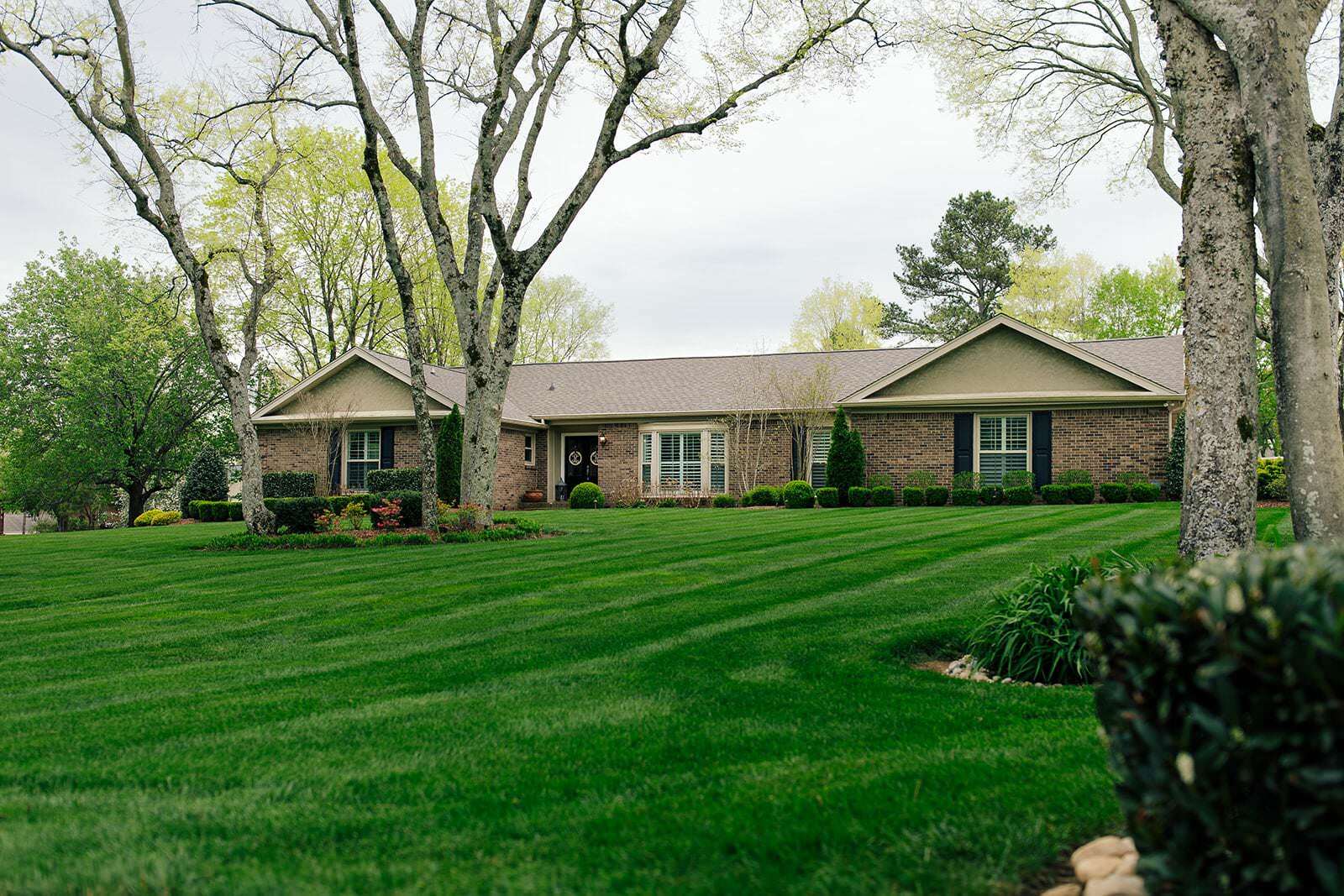

Garden Essentials
When To Plant Grass Seed In Tennessee
Modified: October 19, 2024
Looking to start a garden in Tennessee? Find out the best time to plant grass seed in order to achieve a lush and beautiful garden.
(Many of the links in this article redirect to a specific reviewed product. Your purchase of these products through affiliate links helps to generate commission for Storables.com, at no extra cost. Learn more)
Introduction
Welcome to the beautiful state of Tennessee, where the lush green landscapes and vibrant gardens are a true delight for any nature lover. Whether you’re a seasoned gardener or new to the world of plants, understanding when to plant grass seed is essential for achieving a flourishing and healthy lawn.
Tennessee is known for its diverse climate, with hot and humid summers and cool winters. This unique weather pattern requires careful consideration when it comes to choosing the right type of grass seed and determining the ideal time for planting.
In this article, we will explore the climate of Tennessee, the different types of grass suitable for the state, and the factors to consider before planting grass seed. We’ll also provide you with practical steps for planting and maintaining your lawn, along with tips for dealing with common lawn care issues in Tennessee.
So, let’s dive in and discover the best practices for planting grass seed in Tennessee, ensuring that you create a vibrant and thriving lawn that will be the envy of your neighborhood.
Key Takeaways:
- Choose the right grass seed for Tennessee’s climate, considering factors like sun exposure and maintenance preferences, and plant in fall or spring for a thriving lawn.
- Maintain your Tennessee lawn by watering deeply, mowing at the right height, and addressing common issues like weeds, diseases, and soil compaction for a lush and healthy yard.
Read more: When To Plant Grass Seed In Tennessee
Understanding the Climate of Tennessee
Tennessee experiences a diverse climate, with variations in temperature and precipitation across different regions of the state. Generally, the state can be classified as having a humid subtropical climate, characterized by hot, humid summers and mild winters.
Summers in Tennessee are generally hot and humid, with temperatures often reaching the high 80s to low 90s Fahrenheit (around 30-35 degrees Celsius). The humidity can make the weather feel even hotter, so it’s important to choose grass varieties that can withstand these conditions.
Winters in Tennessee are typically mild, with average temperatures ranging from the high 30s to low 50s Fahrenheit (around 3-10 degrees Celsius). However, temperatures can occasionally drop below freezing, especially in the eastern part of the state. It’s important to select grass seed varieties that can tolerate cooler temperatures and potential frost.
Precipitation in Tennessee varies throughout the state. The western part of the state generally receives more rainfall, while the eastern part experiences slightly drier conditions. On average, Tennessee receives about 50 inches of rain annually, with the majority of rainfall occurring in the spring and winter months.
Understanding the climate of Tennessee is crucial when choosing the right type of grass seed for your lawn. It’s essential to select grass varieties that can thrive in the hot, humid summers and withstand the occasional freezing temperatures in winter.
Now that we have a better understanding of the climate in Tennessee, let’s explore the different types of grass that are well-suited for this region.
Types of Grass Suitable for Tennessee
When it comes to selecting the right type of grass for your lawn in Tennessee, there are several options that can thrive in the state’s climate. Here are some of the most popular grass varieties suitable for Tennessee:
- Bermuda Grass: Bermuda grass is a warm-season grass that thrives in hot, humid climates. It has excellent heat tolerance and can withstand high foot traffic, making it a popular choice for lawns and athletic fields in Tennessee.
- Zoysia Grass: Zoysia grass is another warm-season grass that performs well in Tennessee. It has good tolerance to both heat and cold and has a dense, carpet-like growth. Zoysia grass requires less water and maintenance compared to other grass types, making it ideal for homeowners looking for a low-maintenance option.
- Fescue Grass: Fescue grass is a cool-season grass that can tolerate both shade and drought. It is well-suited for the cooler regions of Tennessee and provides year-round greenery. Fescue grass is known for its ability to establish quickly and withstand heavy foot traffic.
- Kentucky Bluegrass: Kentucky bluegrass is another cool-season grass that is popular in Tennessee. It has excellent cold tolerance and can establish a dense, lush turf. Kentucky bluegrass requires regular watering and maintenance, but its beautiful appearance makes it a favorite choice for many homeowners.
Before deciding on a grass type, it’s essential to consider factors such as your lawn’s sun exposure, soil type, and maintenance preferences. Each grass variety has its own specific requirements, so it’s important to choose one that aligns with your specific needs and preferences.
Now that we know the suitable grass types for Tennessee, let’s explore the factors you should consider before planting grass seed.
Factors to Consider Before Planting Grass Seed
Before embarking on your grass planting journey in Tennessee, it’s important to take several factors into consideration. These factors will help ensure the success of your lawn and the long-term health of your grass. Here are some key factors to consider:
- Sun Exposure: Assess the amount of sunlight your lawn receives throughout the day. Different grass varieties have varying sun requirements, so it’s essential to choose a type that matches the sun exposure in your yard.
- Soil Type: Understand the composition of your soil, including its drainage capabilities, pH level, and nutrient content. Conduct a soil test to determine the soil’s characteristics, as this will help you choose the appropriate grass seed and provide any necessary soil amendments.
- Seed Selection: Select grass seed varieties based on your lawn’s specific needs and the climate in Tennessee. Consider factors such as shade tolerance, drought resistance, and disease resistance to ensure the best lawn performance.
- Water Availability: Take into account the availability of water for your lawn. Some grass types require more frequent watering, while others are more drought-tolerant. Choose grass seed that aligns with your watering capabilities and conservation efforts.
- Maintenance: Determine the level of maintenance you’re willing to commit to for your lawn. Some grass varieties require regular mowing, fertilization, and pest control, while others are more low-maintenance. Choose a grass type that suits your desired level of lawn care.
By considering these factors before planting grass seed, you can ensure that your lawn gets off to the right start and has the best chance of thriving in the Tennessee climate. Take the time to assess your lawn’s unique conditions and choose the grass seed that will best meet those conditions.
Now that we’ve covered the important factors to consider, let’s move on to the best time to plant grass seed in Tennessee.
Best Time to Plant Grass Seed in Tennessee
The timing of when to plant grass seed in Tennessee plays a crucial role in the success of establishing a healthy and vibrant lawn. While the best time may vary slightly depending on the specific grass type you choose, there are generally two optimal periods for planting grass seed:
- Fall: Fall is considered the ideal time to plant grass seed in Tennessee. The cooler temperatures and typically higher levels of rainfall create favorable conditions for seed germination and establishment. September through early October is the prime window for fall seeding, allowing the grass to establish strong roots before winter sets in. Cool-season grasses, such as fescue and Kentucky bluegrass, thrive when planted in the fall.
- Spring: If you miss the fall planting window, spring is the next best time to sow grass seed in Tennessee. As the temperatures start to warm up and the soil thaws, usually in late February to early April, it provides an excellent environment for grass seed germination. Warm-season grasses like Bermuda grass and Zoysia grass perform best when planted in the spring.
When selecting the best time to plant grass seed, consider the average frost dates in your region. It’s important to plant the seed early enough for it to establish before the first frost hits in the fall or to ensure proper root development before the summer heat intensifies in the spring.
During both the fall and spring planting seasons, ensure proper soil preparation by removing debris, loosening the soil, and leveling any uneven areas. Consider core aeration prior to seeding to improve seed-to-soil contact and alleviate soil compaction.
Remember to follow the specific instructions provided by the grass seed manufacturer for the best planting practices and to achieve optimal results.
Now that we know the best times to plant grass seed in Tennessee, let’s explore the steps involved in planting grass seed.
The best time to plant grass seed in Tennessee is in the fall, between mid-August and mid-October. This allows the seeds to establish before the winter and thrive in the spring.
Read more: When To Plant Fescue Grass In Tennessee
Steps for Planting Grass Seed
Planting grass seed requires careful preparation and attention to detail to ensure successful germination and establishment. Follow these steps for planting grass seed in Tennessee:
- Prepare the soil: Start by preparing the soil for optimal seed germination. Remove any existing vegetation, rocks, and debris from the area. Loosen the soil with a rake or garden tiller to create a loose, crumbly texture. If necessary, amend the soil with organic matter or fertilizers to improve its nutrient content.
- Sow the seed: Spread the grass seed evenly across the prepared soil. Use a seed spreader or your hands to ensure a uniform distribution of the seeds. Follow the recommended seeding rate provided by the grass seed manufacturer. For larger areas, consider using a mechanical seed spreader for more efficient coverage.
- Rake and tamp: Lightly rake the soil surface to incorporate the seeds into the top layer of soil. This helps provide good seed-to-soil contact. Once raking is complete, gently tamp the soil with a lawn roller or the back of a rake to ensure seed-to-soil contact without burying the seeds too deep.
- Water the area: After seeding, thoroughly water the area to hydrate the soil and jump-start the germination process. Use a gentle spray or sprinkler to avoid displacing or washing away the seeds. Keep the soil consistently moist but not overly saturated until the grass seed germinates.
- Maintain the newly seeded lawn: Once the grass seed starts to germinate, it’s important to establish a regular watering schedule to promote healthy growth. Water deeply and infrequently to encourage deep root development. As the grass grows, gradually reduce the watering frequency but increase the amount of water applied each time to encourage the roots to penetrate deeper into the soil.
- Mow at the appropriate height: When the grass reaches a height of 3-4 inches, it’s time to mow for the first time. Set the mower blade at a high setting to avoid cutting the grass too short, as this can stress the newly established seedlings.
- Implement a regular maintenance routine: As your new lawn continues to grow, establish a regular lawn maintenance routine that includes mowing, fertilizing, and controlling weeds as needed. This will help keep your grass healthy and vibrant throughout the growing season.
Following these steps will help ensure successful grass seed germination and establishment. Remember, patience is key as it may take several weeks for the grass to fully establish. With proper care and maintenance, you’ll soon enjoy a lush and beautiful lawn in Tennessee.
Now that you know how to plant grass seed, let’s dive into tips for maintaining and caring for your newly planted grass seed in Tennessee.
Maintaining and Caring for Newly Planted Grass Seed
Proper maintenance and care are essential for the success of newly planted grass seed. Here are some tips to help you nurture and maintain your newly seeded lawn in Tennessee:
- Watering: Watering is crucial for seed germination and establishment. Keep the soil consistently moist but not waterlogged. Water deeply and infrequently to encourage deep root growth. Avoid overwatering as it can lead to shallow root development and increase the risk of disease.
- Mowing: Once the grass reaches a height of 3-4 inches, it’s time to mow for the first time. Set your mower blade to the highest setting to avoid cutting the grass too short, as this can stress the newly established seedlings. Gradually lower the cutting height over time as the grass matures.
- Fertilizing: Fertilize your newly planted lawn about 6-8 weeks after germination. Use a slow-release, nitrogen-rich fertilizer to provide essential nutrients for growth. Follow the manufacturer’s instructions for application rates and timing.
- Weed control: Keep an eye out for weeds. Apply a pre-emergent herbicide before planting grass seed to prevent weed growth, and use post-emergent herbicides carefully if necessary. Avoid using herbicides until the grass seed has fully established.
- Avoid heavy foot traffic: Minimize foot traffic on the newly seeded area until the grass has matured and established a strong root system. Excessive foot traffic can put stress on the delicate seedlings and slow down the establishment process.
- Aerate the soil: Consider aerating the soil in your lawn once the grass has matured. Core aeration helps alleviate soil compaction and enhances water and nutrient absorption, promoting a healthier and more robust lawn.
- Monitor for pests and diseases: Keep an eye out for common lawn pests and diseases such as grubs, fungal infections, and insect infestations. Early detection and prompt treatment can prevent damage and preserve the health of your grass.
- Regular maintenance: Once your newly seeded lawn has fully established, establish a regular maintenance routine that includes mowing, watering, fertilizing, and controlling weeds as needed. Regular maintenance will help keep your grass healthy, lush, and beautiful year-round.
By following these maintenance and care tips, you’ll be able to nurture your newly planted grass seed and encourage its healthy growth in the diverse climate of Tennessee.
Now that you’re armed with the knowledge of maintaining your newly planted lawn, let’s address some common lawn care issues that you may face in Tennessee.
Common Lawn Care Issues in Tennessee
While maintaining a beautiful lawn in Tennessee can be a rewarding experience, there are some common lawn care issues that you may encounter. Understanding these challenges and knowing how to address them can help you keep your lawn healthy and vibrant. Here are some common lawn care issues in Tennessee:
- Weeds: Weeds are a common problem in lawns across Tennessee. They compete with grass for nutrients and water, compromising the overall health and appearance of your lawn. Regular mowing, proper watering, and applying pre-emergent herbicides can help prevent weed growth. If weeds do appear, spot-treat them with post-emergent herbicides.
- Diseases: Tennessee’s humid climate can create conditions conducive to various lawn diseases, such as brown patch and dollar spot. To prevent diseases, avoid overwatering, provide good air circulation, and follow proper lawn maintenance practices. If diseases do occur, identify the specific problem and treat it accordingly with appropriate fungicides.
- Insects: Insects like grubs, chinch bugs, and armyworms can cause damage to your lawn by feeding on grass roots or foliage. Regularly inspect your lawn for signs of insect activity, such as brown patches or thinning grass. Treat the affected areas with targeted insecticides to control the infestations and protect your grass from further damage.
- Thatch: Thatch is a layer of dead organic material that accumulates between the grass blades and the soil surface. Excessive thatch can prevent water, air, and nutrients from reaching the roots. Regular core aeration can help reduce thatch and improve overall lawn health.
- Soil compaction: Heavy foot traffic and machinery can cause soil compaction, which inhibits water and air movement in the soil. Core aeration is an effective method for alleviating soil compaction and promoting better nutrient absorption and root growth.
- Poor drainage: Tennessee’s clay soils can be prone to poor drainage, leading to standing water and potential damage to the grass. Improve drainage by incorporating organic matter into the soil, leveling the lawn to eliminate low spots, and installing drainage systems if necessary.
- Improper watering: Overwatering or underwatering can negatively impact your lawn’s health. Water deeply and infrequently, ensuring that the soil is moist but not saturated. Adjust your watering schedule based on rainfall and the specific needs of your grass variety.
By being proactive and addressing these common lawn care issues promptly, you can maintain a healthy and thriving lawn in Tennessee throughout the year.
Now that we’ve discussed common lawn care issues, let’s wrap up our article with some concluding thoughts.
Conclusion
Creating and maintaining a beautiful and healthy lawn in Tennessee requires knowledge, care, and attention to detail. By understanding the climate of Tennessee and selecting the right type of grass seed, you can set the foundation for a thriving lawn.
Consider the factors that impact grass growth, such as sun exposure, soil type, and maintenance preferences, before planting grass seed. Fall and spring are the optimal times for seeding, depending on the type of grass you choose.
Follow the steps for planting grass seed, including soil preparation, proper seeding techniques, and adequate watering. Once your lawn has established, implement a regular maintenance routine that includes mowing, fertilizing, and controlling weeds and pests.
Be aware of common lawn care issues in Tennessee, such as weeds, diseases, insects, thatch, soil compaction, poor drainage, and improper watering. Addressing these issues early can prevent further damage to your lawn and preserve its health and beauty.
Remember, creating a lush and vibrant lawn takes time and effort, but the rewards are worth it. Enjoy the process of nurturing your lawn and take pride in the beauty it adds to your home.
With the knowledge and guidance provided in this article, you’re now equipped to navigate the world of planting and maintaining grass seed in Tennessee. By implementing these best practices and staying attentive to your lawn’s needs, you’ll be well on your way to achieving the lawn of your dreams in the breathtaking state of Tennessee.
So, roll up your sleeves, get your hands dirty, and enjoy the journey towards a stunning and envy-worthy lawn!
Frequently Asked Questions about When To Plant Grass Seed In Tennessee
Was this page helpful?
At Storables.com, we guarantee accurate and reliable information. Our content, validated by Expert Board Contributors, is crafted following stringent Editorial Policies. We're committed to providing you with well-researched, expert-backed insights for all your informational needs.

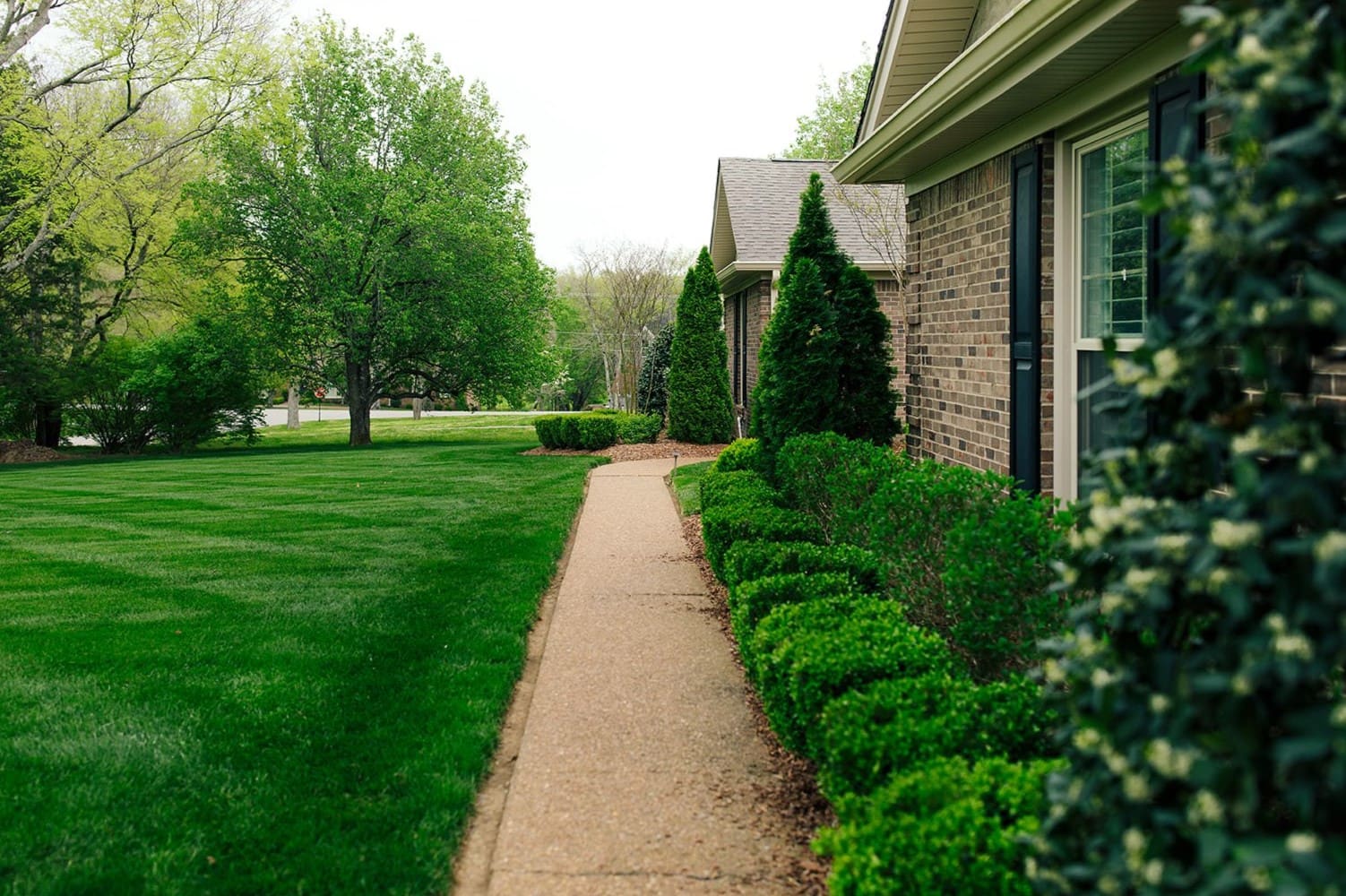

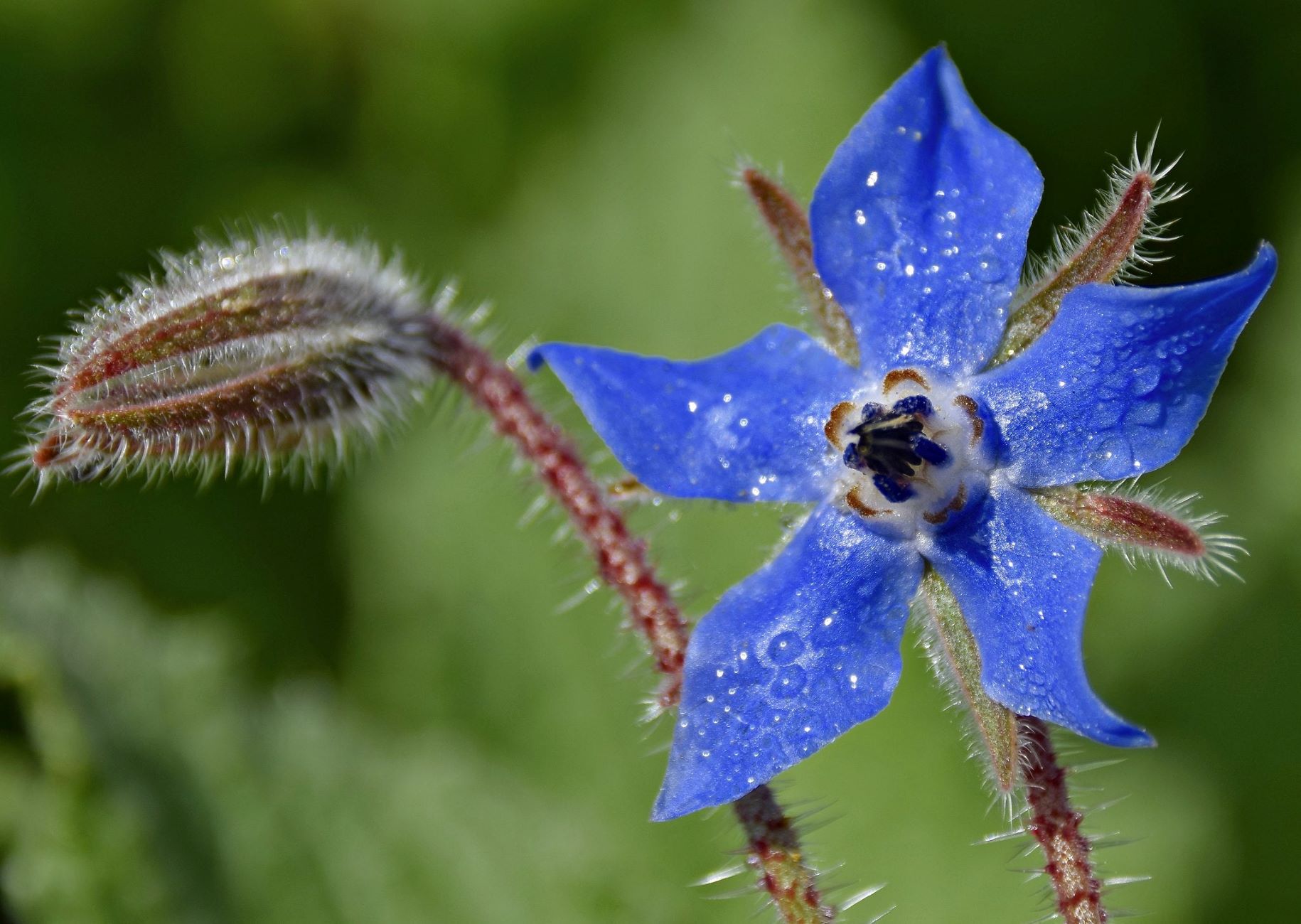
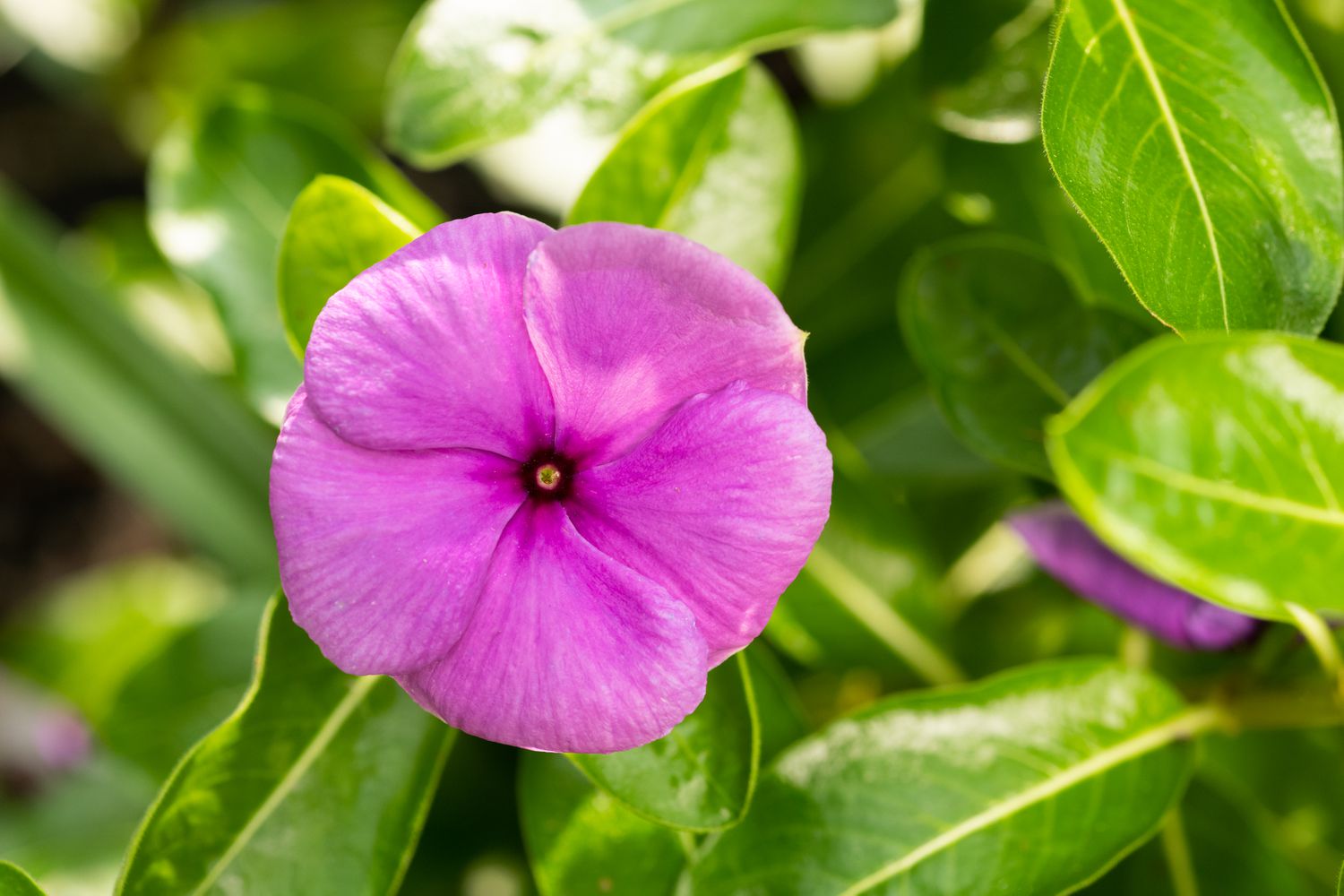

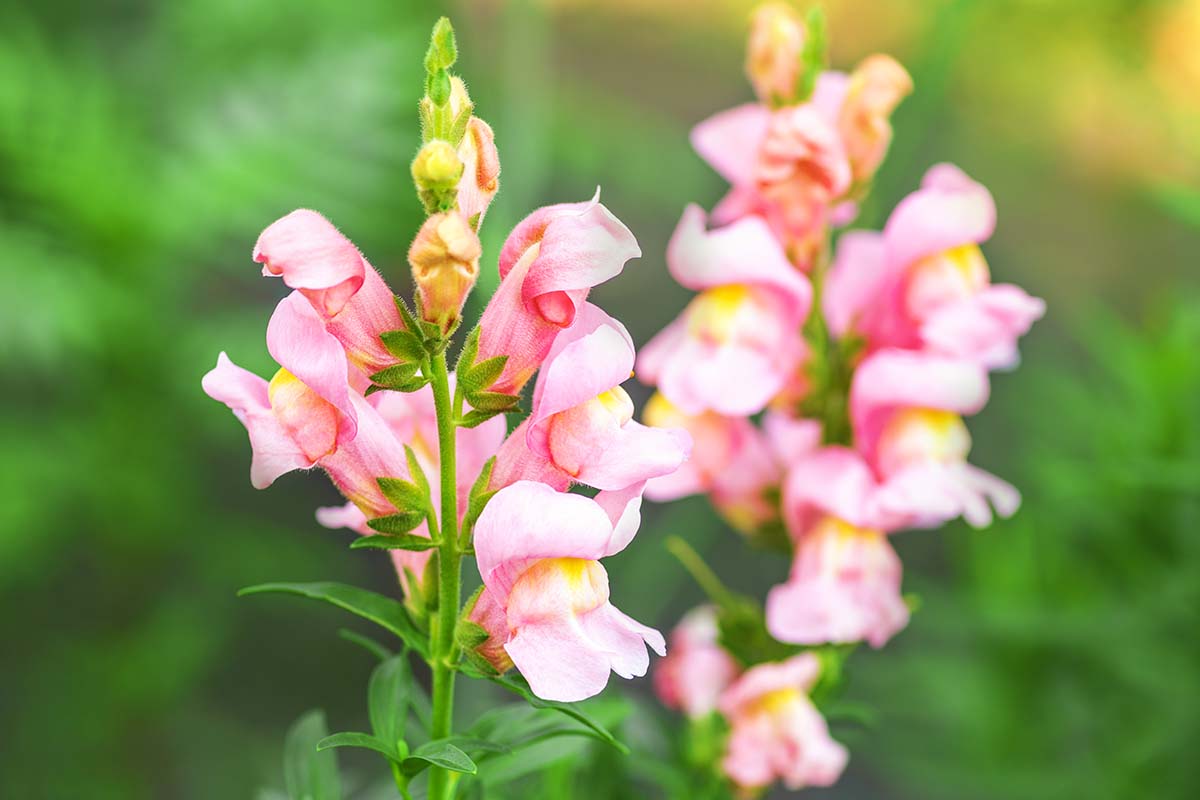
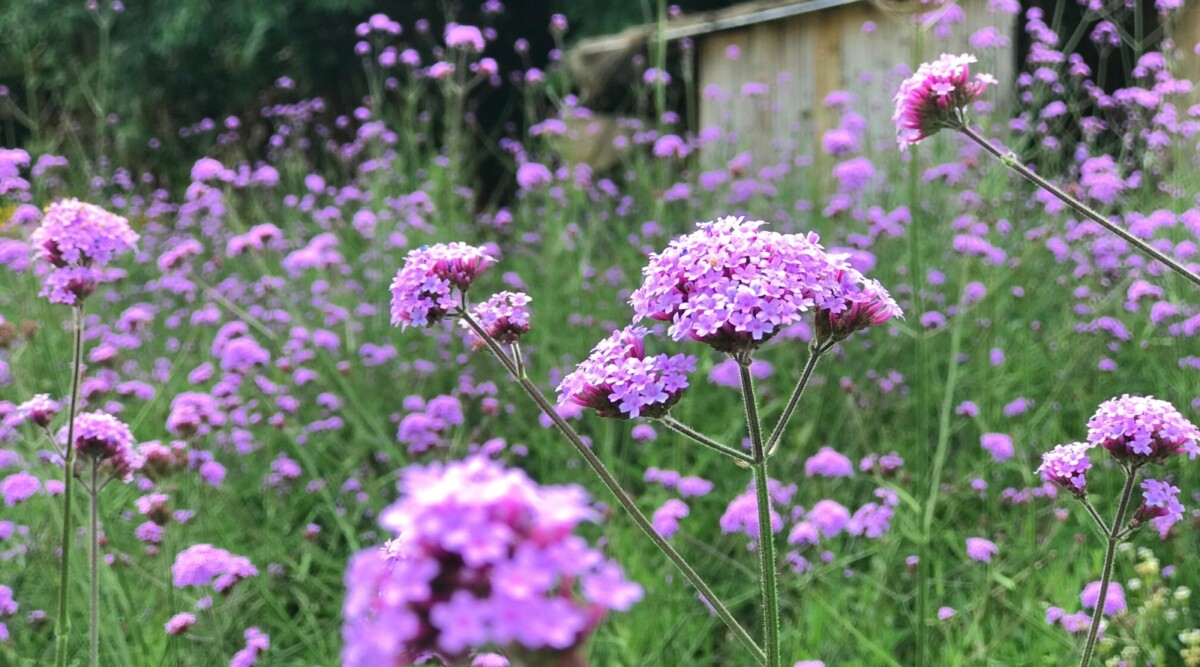

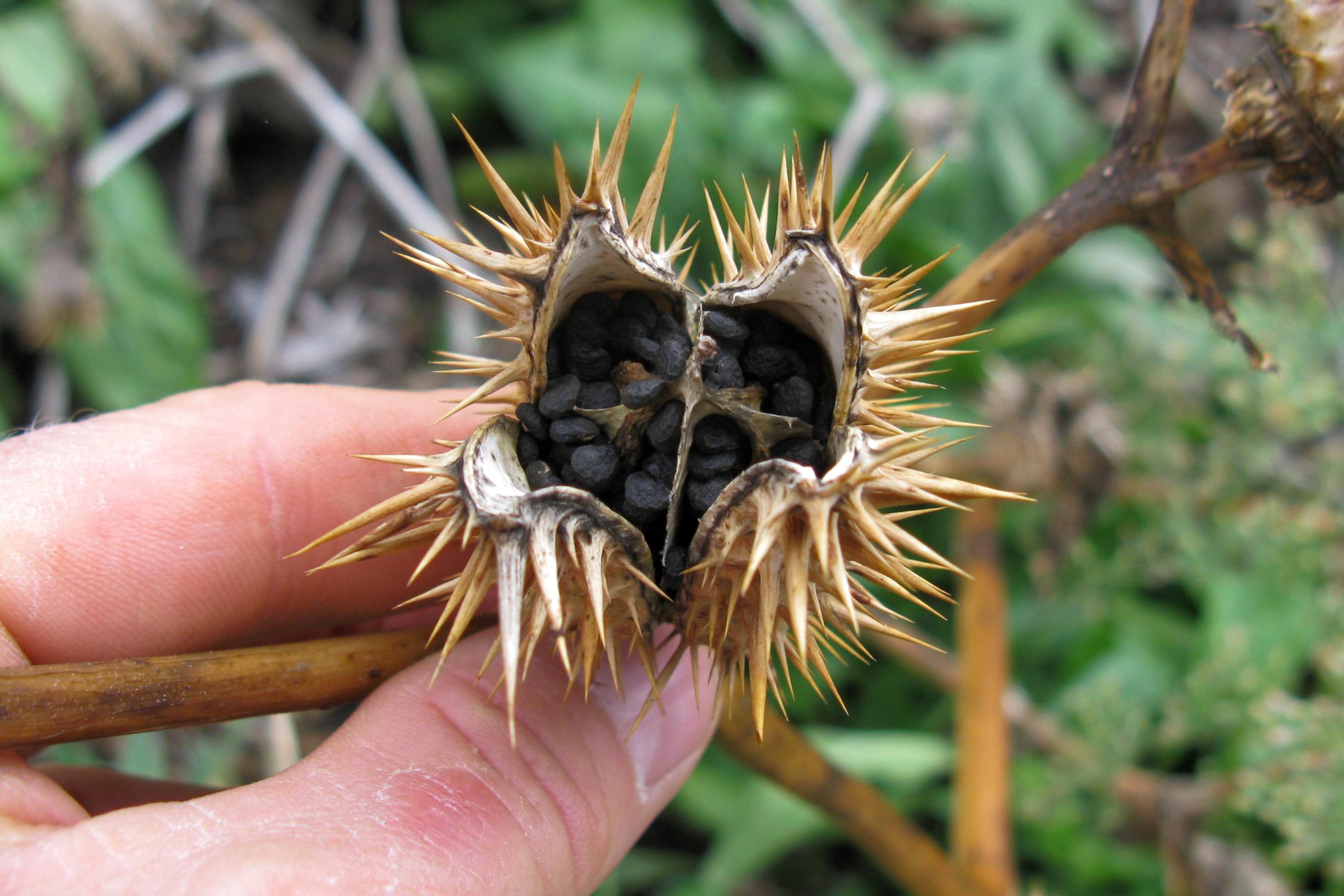
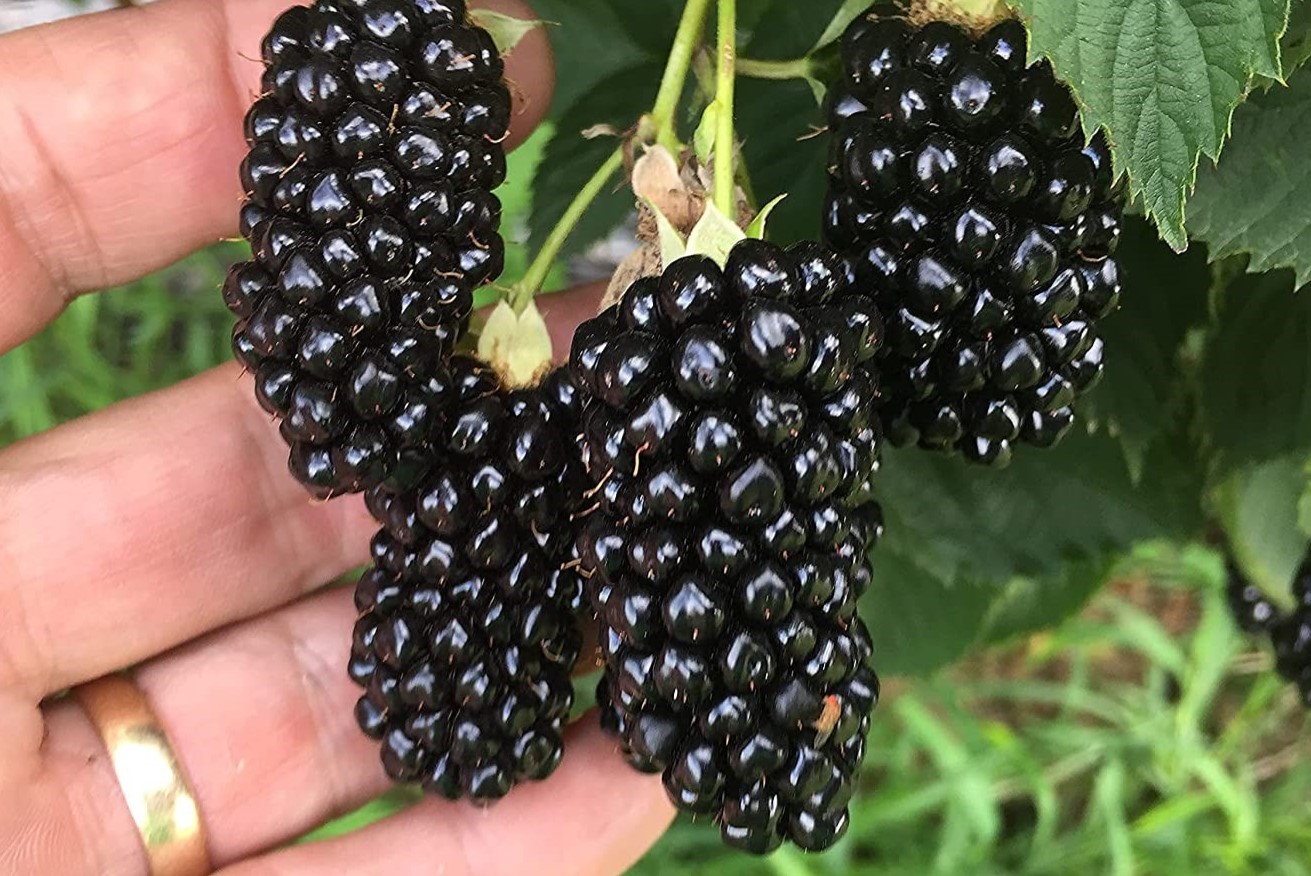
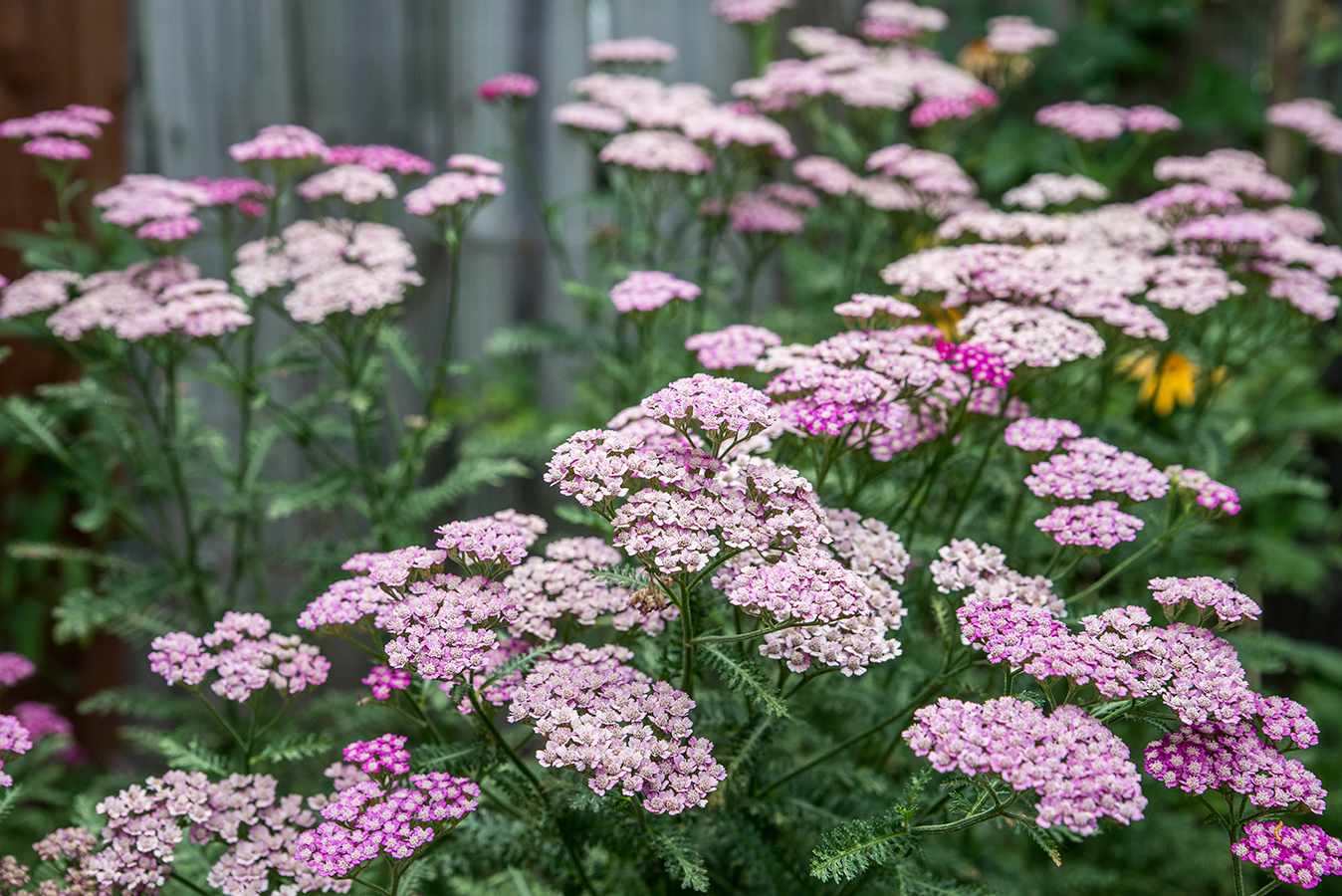
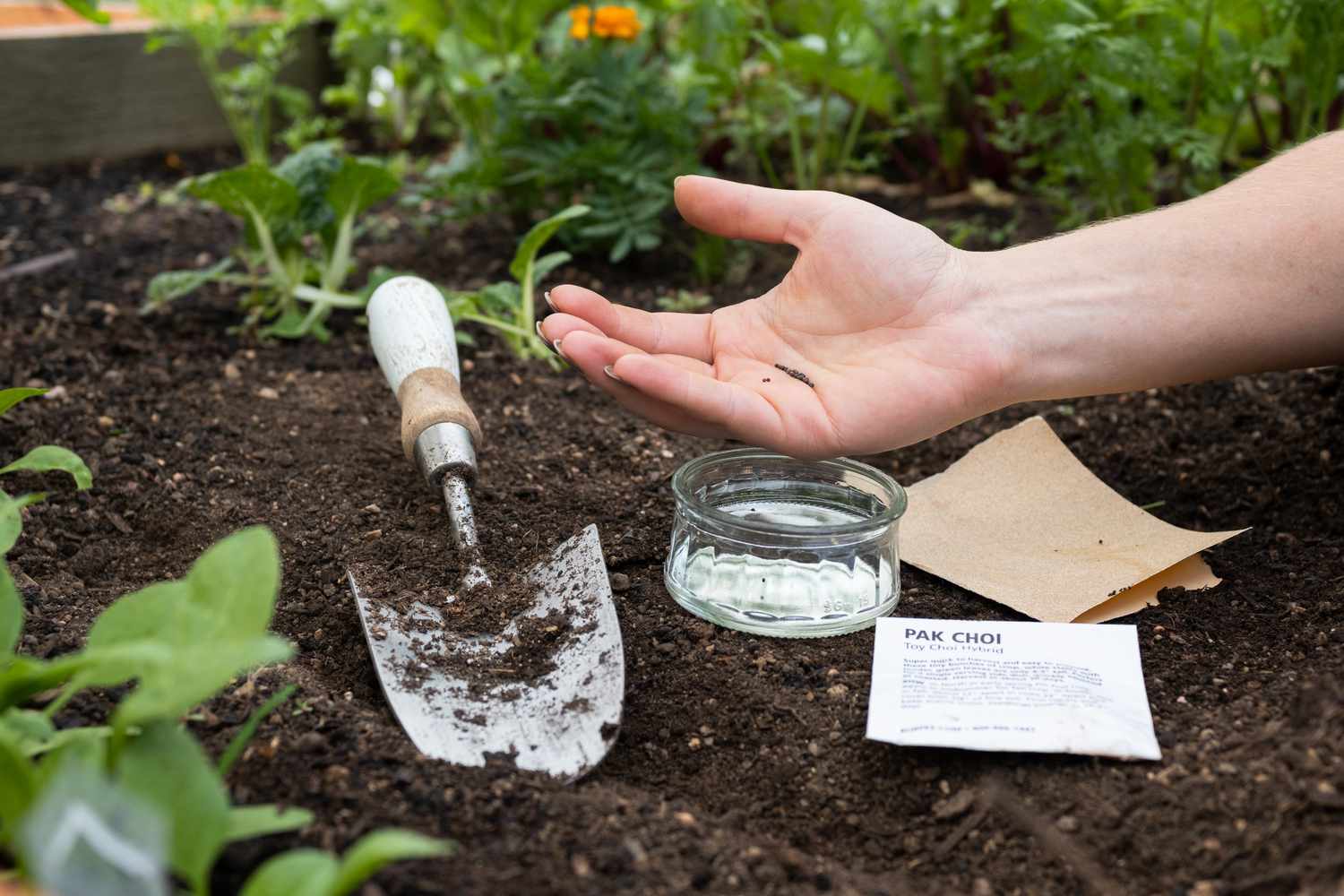
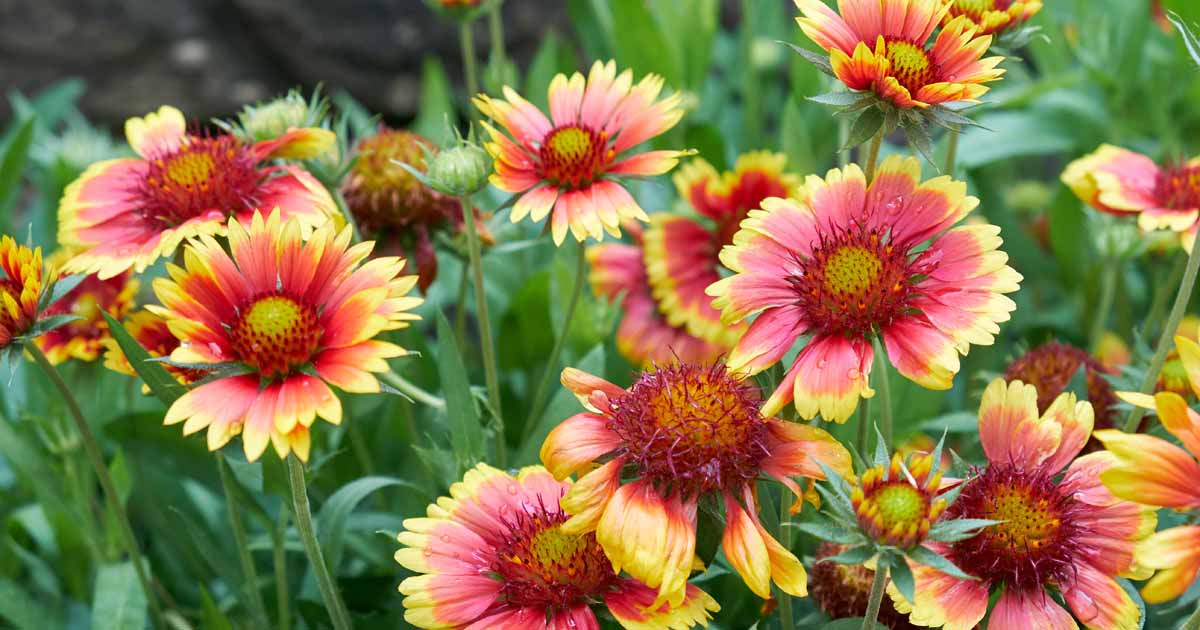

0 thoughts on “When To Plant Grass Seed In Tennessee”